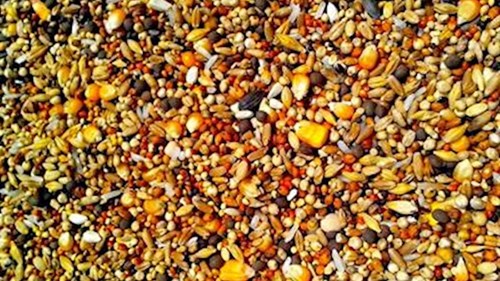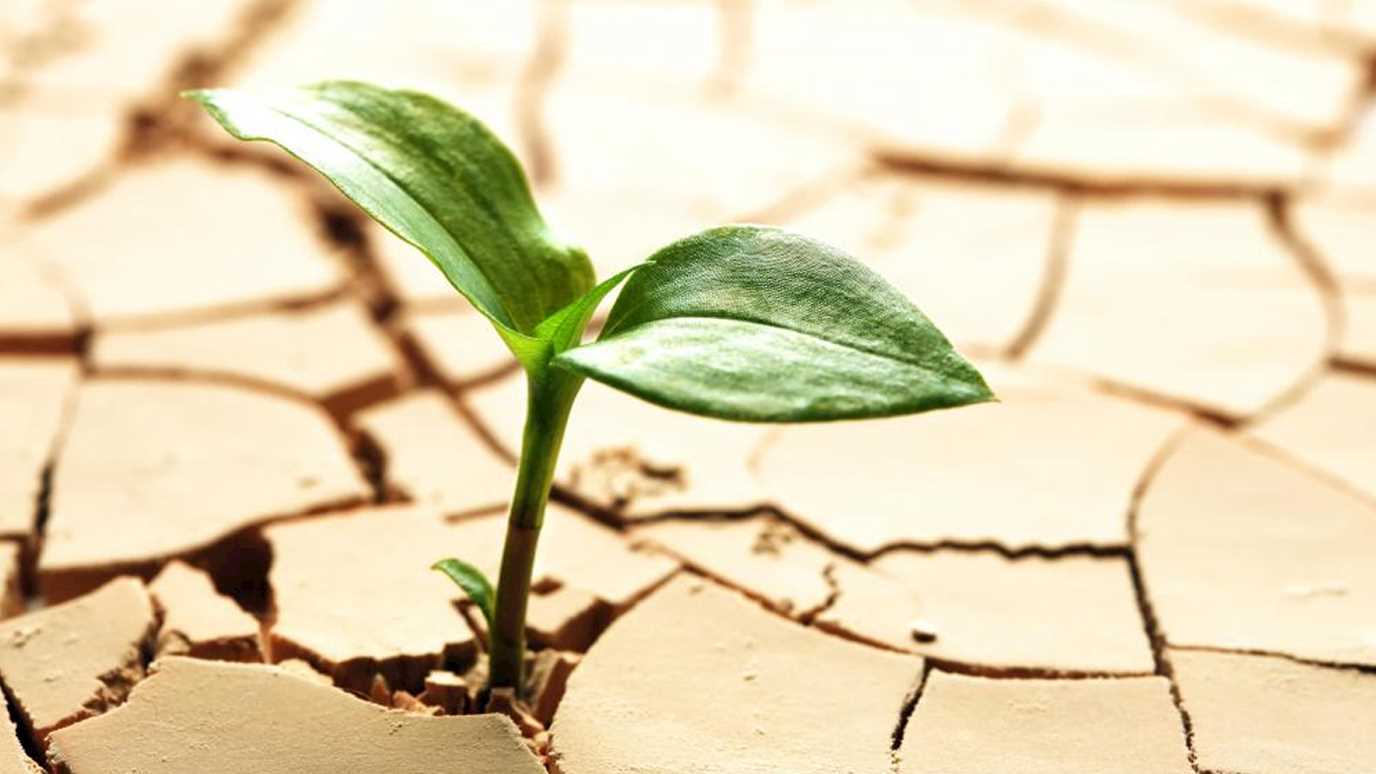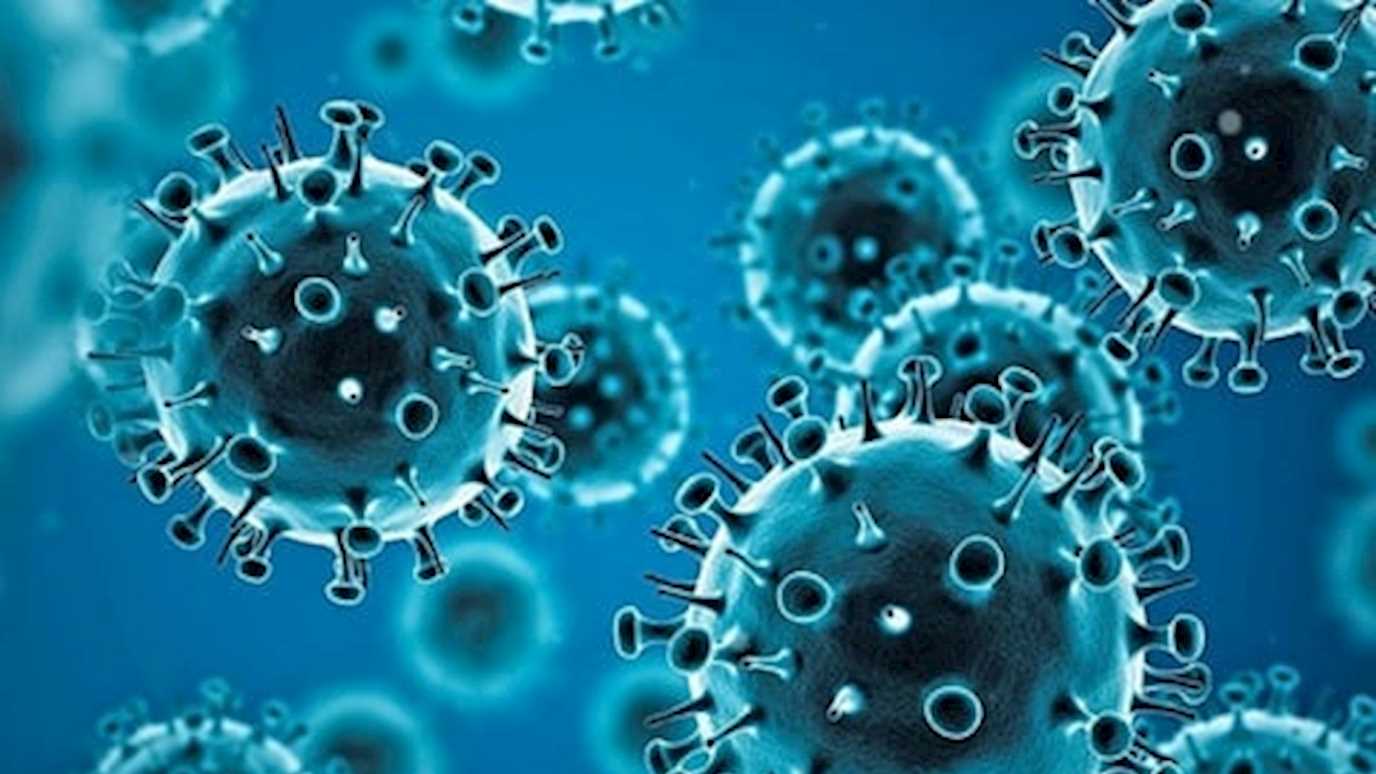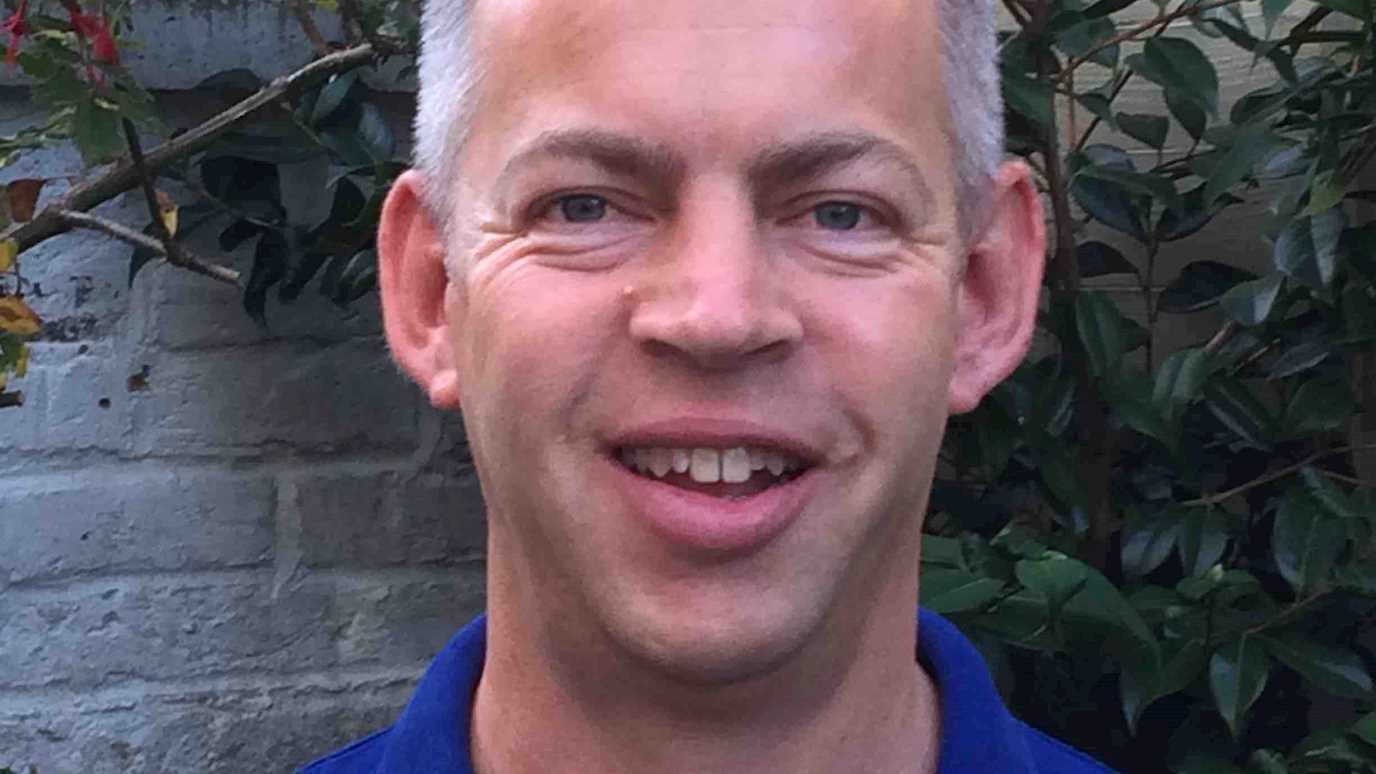Researchers from Royal Holloway, University of London, and the University of Osnabrück in Germany have found that common fungi could hold the key to help so-called hard seeds germinate
New research, published today in Nature Communications, looked at Lepidium didymum, also known as Lesser Swine Cress, and found that fungi helped the plant's seeds germinate in just a few days, whereas without these fungal assistants, germination could take months.

Hard seeds, such as sunflower, pumpkin, and mango seeds, are contained in outer shells that are a constraint to growth. These hard outer coatings provide plenty of protection from the elements or potential pests, but they may keep the seed from germinating as quickly the average gardener would want. Common fungi, such as moulds, might help break down the coating on hard-to-grow seeds and help plants grow at the optimum time of the season.
Dr Tina Steinbrecher from the School of Biological Sciences at Royal Holloway, University of London, said: "How seeds 'know' when to burst into life is a question scientists have been looking at for at least a century. If they start to grow too early or too late in the year, they won't grow properly. Our research suggests that some hard seeds might have outsourced the decision-making.”
Dr James Hourston, also from the School of Biological Sciences at Royal Holloway, added: "Fungi that are common in garden soil tend flourish at the same time as the plants. These seeds have made it so that their outer layers are easily digested by the fungi that break open the hard coating of the seed so it's able to burst out and rapidly grow into an adult plant."
Professor Gerhard Leubner, also from the School of Biological Sciences at Royal Holloway explains: "This is the first time that scientists have identified this kind of behaviour in a hard seed. We know that using fungi to help the lesser swine cress grow works, now it's a case of applying the same techniques we used and seeing what other seeds work the same way. This breakthrough was only possible through interdisciplinary collaboration between experts from seed physiology, microbial ecology and biomechanical engineering.”
Find out more about the School of Biological Sciences at Royal Holloway and their research into seed biology.
























